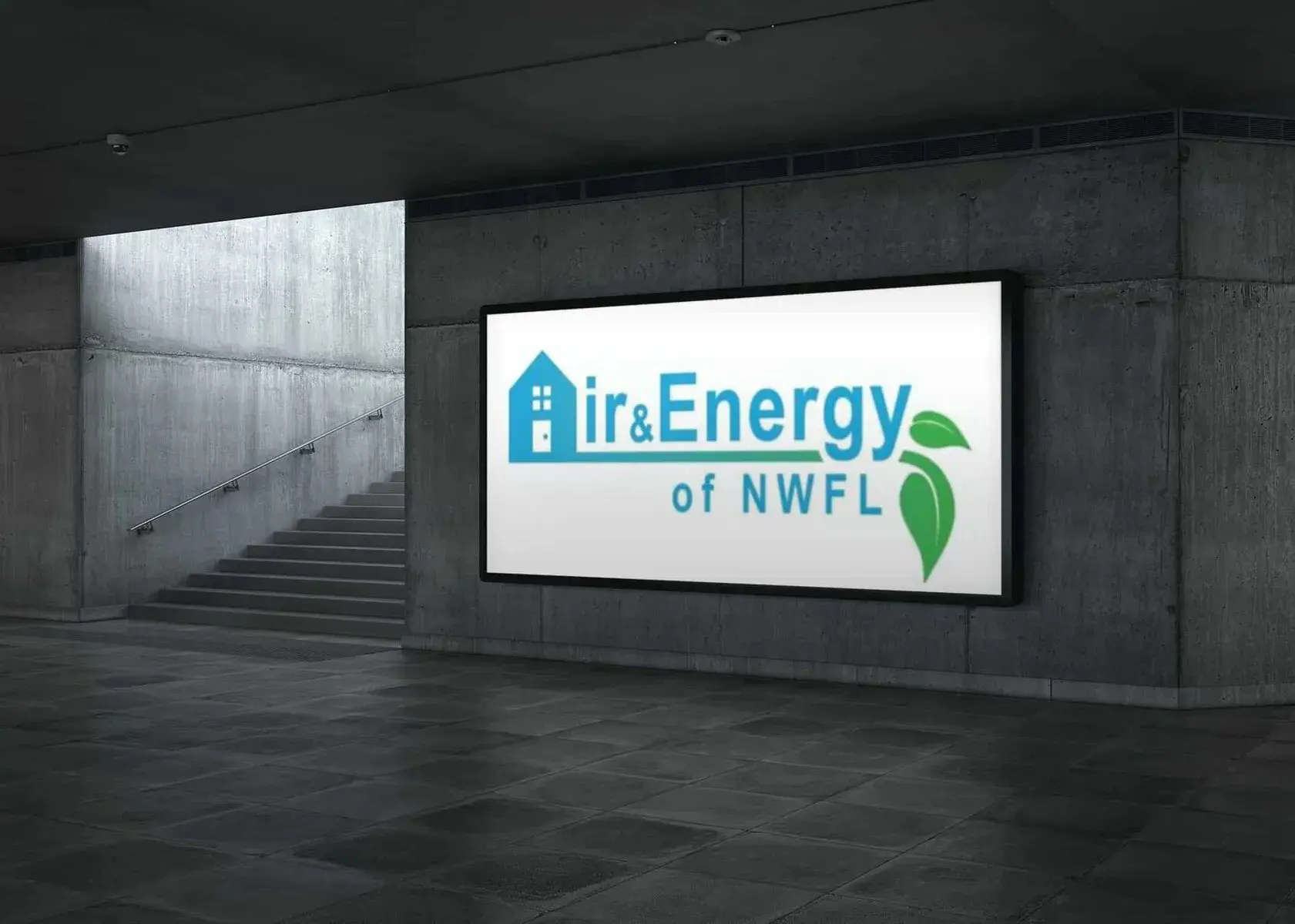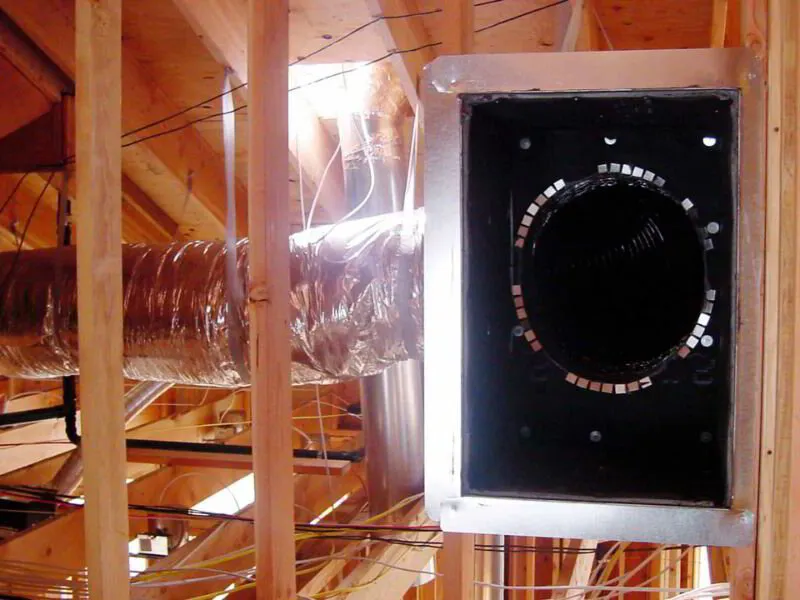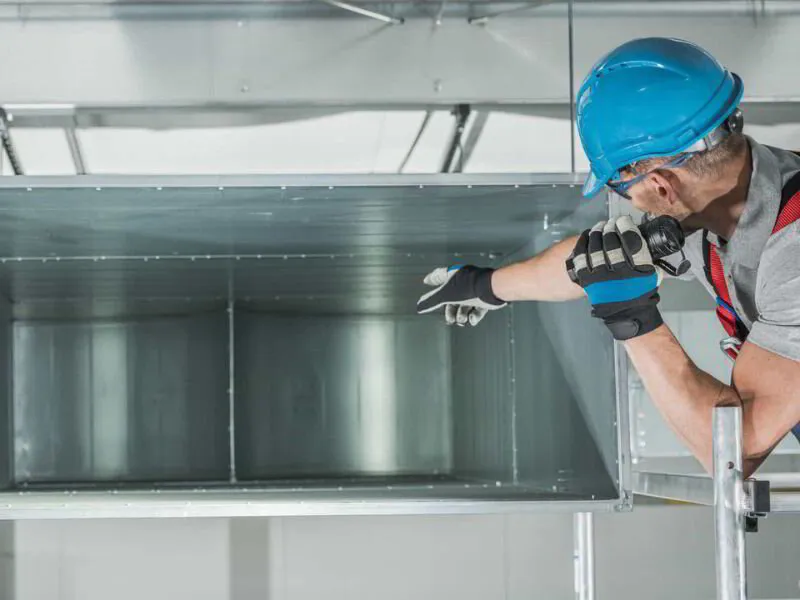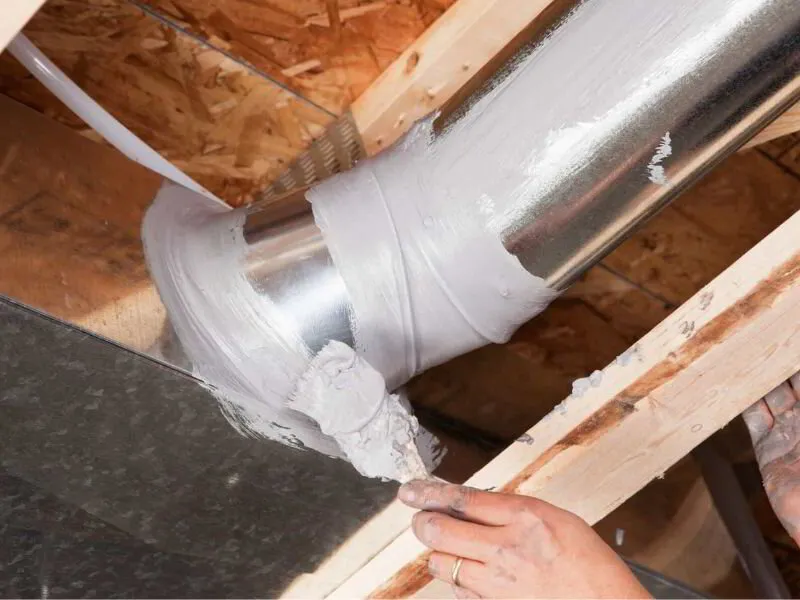Noisy ductwork can be a nightmare when you're trying to sleep or do anything that requires some silence. So when your air duct starts to cry out, you're probably wondering what you can do to shut it up.
The causes for noisy air ducts can be quite varied due to the complex nature of modern heating and cooling systems. Fortunately, the solutions are fairly simple and universal.
These methods are the same for an air conditioning system, an HVAC system, or a furnace. Here are a number of practical solutions to your noisy duct problems.
What Causes Noisy Ducts?
Quite a number of different issues can lead to noisy air ducts.
The problem could lie in the ducts themselves. This could be the material of the ducts, which might not be suited to your environment and system, or how the ducts have been installed and positioned in your system.
Alternatively, the problem might not lie with your ducts but instead with the rest of your system.
Having a system that's not sized correctly could lead to noises, as well as even the state of your air filters.
You may need to install more return ducts, another bypass duct, a new air filter, or even another flexible transition in a furnace system.
Consequently, your noisy ducts could be coming from almost any part of your system.
The Role of Flexible Ductwork
One thing that makes a big difference in loudness is the HVAC equipment itself.
There are two kinds of ducts you need to know about: metal ducts and flexible ducts.
Metal ductwork is always going to be louder than most non-metal materials. As a result, flex ducts sharply minimize the noise from your system. Whether it's made of sheet metal, fiberboard, or flex duct, you can reduce noise with flexible ductwork.
However, there's one key problem with flexible ducts that you won't find with metal ducts. This is because flexible styles are much more susceptible to kinks and bends.
Leaks and bent flex ducts result in significantly reduced airflow, which can already be a major problem for some systems.
If your main concern is quieting down your noisy ductwork as soon as possible, a flexible material would be best for you. But metal ductwork might be necessary if you can't afford to sacrifice more airflow.
Tips for Quieting Noisy Air Ducts
Rubber Pads
Noisy ductwork is often brought upon by the ductwork rubbing against the framing.
When air moves violently through the ductwork or somebody walks over it, it can cause loose ductwork to brush against the framing, leading to popping or banging noises.
To stop these annoying popping noises, you can place anti-vibration rubber pads between the ductwork and the framing. When the ductwork rubs against the rubber pads, it won't produce any noise.
Change the Fan Speed
If your system is trying to force more air than it can accommodate through the ductwork, this is known as static pressure and typically leads to noise.
By lessening the amount of air moving through your system by changing the fan speed, you can reduce static pressure and thus reduce noise.
Normally, the fan speed is set correctly by whoever was responsible for the installation. However, sometimes the speed isn't appropriate for your system or may have been adjusted, which leads to an excess of air.
Fortunately, this is a fairly easy fix. All you have to do is go to the control panel of your HVAC system and adjust the fan speed manually there. Once you select a slower speed, this could be enough to resolve your problem.
Check the Air Register
Another part of your system that can suffer from static pressure is your air register.
An air register is simply a grill connected to your ductwork that can be modified. The registers allow you to control how air moves in and out of the ductwork.
If an air register is blocked or obstructed, this can disrupt the proper airflow of your HVAC system. When air can't flow properly, this builds up static pressure, leading to a deal of creaking or whistling noise.
You should check to see that all your registers are open and unobstructed. If you continue to hear noises from your HVAC ducts after doing this, you'll know the registers aren't the problem.
Fiberglass Insulation
One way to muffle the noise from your cooling or heating system is to insulate it with fiberglass.
Fiberglass is an excellent material for insulation because it absorbs sound. The fiberglass's thermal qualities help stop noise from escaping and hot air and cold air.
This can be done by insulating the duct walls with fiberglass or installing air ducts made from fiberglass if you're willing to invest in new ducts.
Fiberglass effectively quiets noisy ducts as it mutes around 3 to 5 decibels of sound. However, it may not actually get rid of what's making noises, only the excess noise it might be producing.
A Variable-Speed Blower
A comprehensive but expensive solution is to acquire an HVAC system with a variable-speed blower.
Variable speed blower-based systems produce much less noise than other popular HVAC systems. This is thanks to how they circulate air.
A variable blower motor blows air much more slowly than most systems, which reduces the static pressure and, logically, the duct noise. They take slightly longer to produce cold or warm air, but they work much more consistently and cause fewer temperature changes.
This is a good solution if you're already looking for a new heating and cooling system and want to ensure it's quiet. However, on their own, the expenses can be a little bit difficult to justify.
How to Prevent Future Problems
While there are many ways to reduce the noise coming from your ducts, the best solution is to maintain your ducts regularly.
Regular maintenance allows you to catch problems early before they become more significant. This can not only fix a system before it makes noise but also save money on potentially expensive repairs in the future.
An HVAC technician can arrange a maintenance plan. They'll check your ductwork, do some duct cleaning, and ensure the rest of your system is working as it should.
Maintenance with Air and Energy of NWFL
Air and Energy of NWFL offer competitive maintenance plans to all households across Pensacola and the surrounding area.
Our residential service agreements provide priority service at any time without any pesky overtime fees.
They also come with discounts for labor, material, and even new equipment. If you live in the area and are interested, check our service agreements page for more information.
Final Thoughts

The unfortunate answer is that there's no one simple solution for anyone wondering how to quiet noisy ducts.
However, by using some of the practical solutions explored in this article, you should be able to reduce noise and improve your quality of life.
As mentioned earlier, ducts are a serious business requiring experience. If you need to get your ducts repaired or replaced, Air and Energy of NWFL is the name to call.
We're the number 1 HVAC company in Pensacola, Florida, for duct sealing. Contact the HVAC experts, and get a professional technician to sort out your problems.
We also offer services for all kinds of HVAC systems. We have an HVAC technician ready if you're having problems with your air conditioner or furnace.
You can contact us here.

This article was written by:
Co-founder and Home Comfort Specialist




